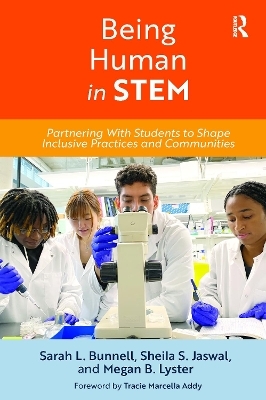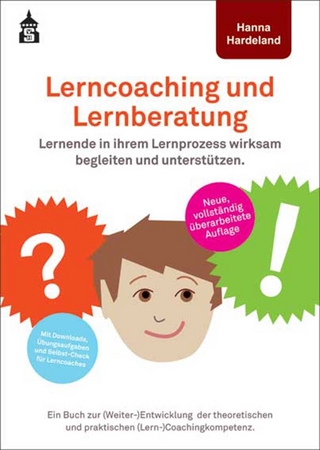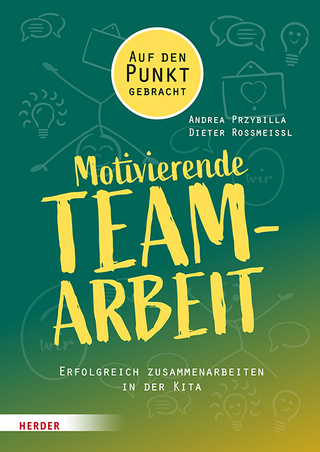
Being Human in STEM
Stylus Publishing (Verlag)
978-1-64267-229-9 (ISBN)
Sarah Bunnell has been actively involved in scholarship of teaching and learning research, and mentoring others in SoTL, since 2006. She has published multiple articles and chapters in SoTL including in the Journal of Faculty Development, International Journal for Students as Partners, Case Studies in the Environment, Teaching and Learning Together in Higher Education, and the edited volume, Threshold Concepts in Problem-Based Learning. She recently completed a three-year Mellon Foundation-funded project examining the impact of interdisciplinary team teaching on student learning across the sciences and the arts/humanities. She served as President of the International Society for the Scholarship of Teaching and Learning (2021-2022) and served in elected positions on the ISSOTL Board for 10 consecutive years prior to moving into the presidential position for the Society. As the Associate Director and STEM Specialist for the Amherst College Center for Teaching and Learning, her work focuses on providing faculty with the frameworks and support that they need to impact student learning and a sense of community in their classrooms and laboratories. Sarah received her B.A. degree in Neuroscience from Middlebury College and her M.A. and Ph.D. in Developmental and Cognitive Psychology from the University of Kansas. Sheila received her B.A. in German and Biochemistry from Mills College, where her experiences in women-only classrooms and laboratories provided an opportunity to learn and lead in science settings in the absence of gender-based implicit bias and stereotype threat. While earning her Ph.D. in Biochemistry from the University of California at San Francisco, she co-led a middle school girls’ science club for a year through the NSF-supported “Triad Project” of the UCSF Science Education Partnership. Under the tutelage of Liesl Chatman, Kimberly Tanner and colleagues, she experienced the transformative power of experiential and active learning coupled with me
List of Figures and Tables Preface Acknowledgments 1:The Amherst Uprising 2. The HSTEM Course 3. A Process for Partnership 4. Teaching with and for Empathy 5. Practices for Building Community in STEM Classrooms and Lab 6. Telling your HSTEM Story 7. Bringing About Change 8. Measuring the Impact of Inclusive Efforts 9. Growing the HSTEM Network. Adapting the HSTEM course across Institutions 10. Conclusions Appendices: Appendix A. HSTEM Readings and Student Reflections Organized by Module Appendix B. Facilitator Guide. Humanizing the Professor Appendix C. Facilitator Guide. Airplane Game Appendix D. Facilitator Guide. This I Believe Appendix E. Facilitator Guide. Discussing Class Expectations Appendix F. Facilitator Guide. Designing Success and How to Achieve It Appendix G. Facilitator Guide. Community Agreements Appendix H. Facilitator Guide. One Minute Paper Appendix I. Facilitator Guide. Utility Value Writing Appendix J. Facilitator Guide. Exam Wrappers Appendix K. Facilitator Guide. Mid-Semester Feedback Appendix L. Facilitator Guide. Scientist Trading Cards Appendix M. Facilitator Guide. Community Announcements Appendix N. Facilitator Guide. Group Work Reflections Appendix O. Facilitator Guide. Telling your HSTEM Story Author Biographies
| Erscheinungsdatum | 17.04.2023 |
|---|---|
| Sprache | englisch |
| Maße | 152 x 229 mm |
| Gewicht | 326 g |
| Themenwelt | Sozialwissenschaften ► Pädagogik ► Erwachsenenbildung |
| ISBN-10 | 1-64267-229-7 / 1642672297 |
| ISBN-13 | 978-1-64267-229-9 / 9781642672299 |
| Zustand | Neuware |
| Informationen gemäß Produktsicherheitsverordnung (GPSR) | |
| Haben Sie eine Frage zum Produkt? |
aus dem Bereich


